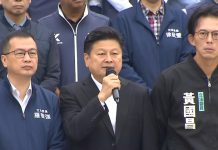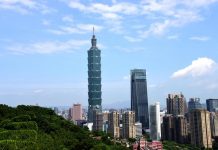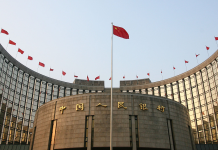LAHORE: “We should raise technicians. We should make a 2-year technical training program in collaboration with China in which we can train technicians for further development of hydropower, solar power, and wind energy in Pakistan,”said Sajid Rashid Ahmad, principal of Earth and Environmental Sciences College in University of Punjab.
Pakistan is grappling with the effects of climate change. Therefore, developing green energy is an inevitable choice for the country to achieve sustainable development. On the International Conference on Pakistan Energy Sector Landscape held earlier this month, Minister for Energy, Engr. Khurram Dastgir Khan addressed that the future of Pakistan’s energy mix aimed to depend on indigenous and clean energy sources including solar, wind, hydroelectric and thar coal energy sources.
However, the development of mentioned clean energies in Pakistan faces a lot of challenges. “Taking solar energy as an example, although Pakistan has promoted solar panels and made Quaid-e-Azam solar park, we didn’t make long-term planning and have not started producing our own solar plates. Solar energy is becoming expensive as the solar plates are becoming expensive.” Sajid Rashid Ahmad suggested collaborating with China in this field. “Technology transfer is our best option. We can make solar plate manufacturing plants in Pakistan with their collaboration.”
Aside from technology transfer, there is a lot of Chinese experience in new energy development that Pakistan can refer to. According to data from China’s National Bureau of Statistics (NBS), China’s production of solar cells and new energy vehicles surged 53.1 percent and 43.6 percent year on year respectively in May.
“One of the important reasons behind China’s progress is that their businessmen collaborated with academies. They presented their problems and asked for their solutions. They also invested a lot in talent training and the research and development of the institutes.” Sajid Rashid Ahmad noted. This month, China released guidelines on promoting the integration of industry and education in the vocational education sector in China’s National Development and Reform Commission (NDRC). By 2025, there will be about 50 national pilot cities focused on the integration of industry and education. –Agencies






